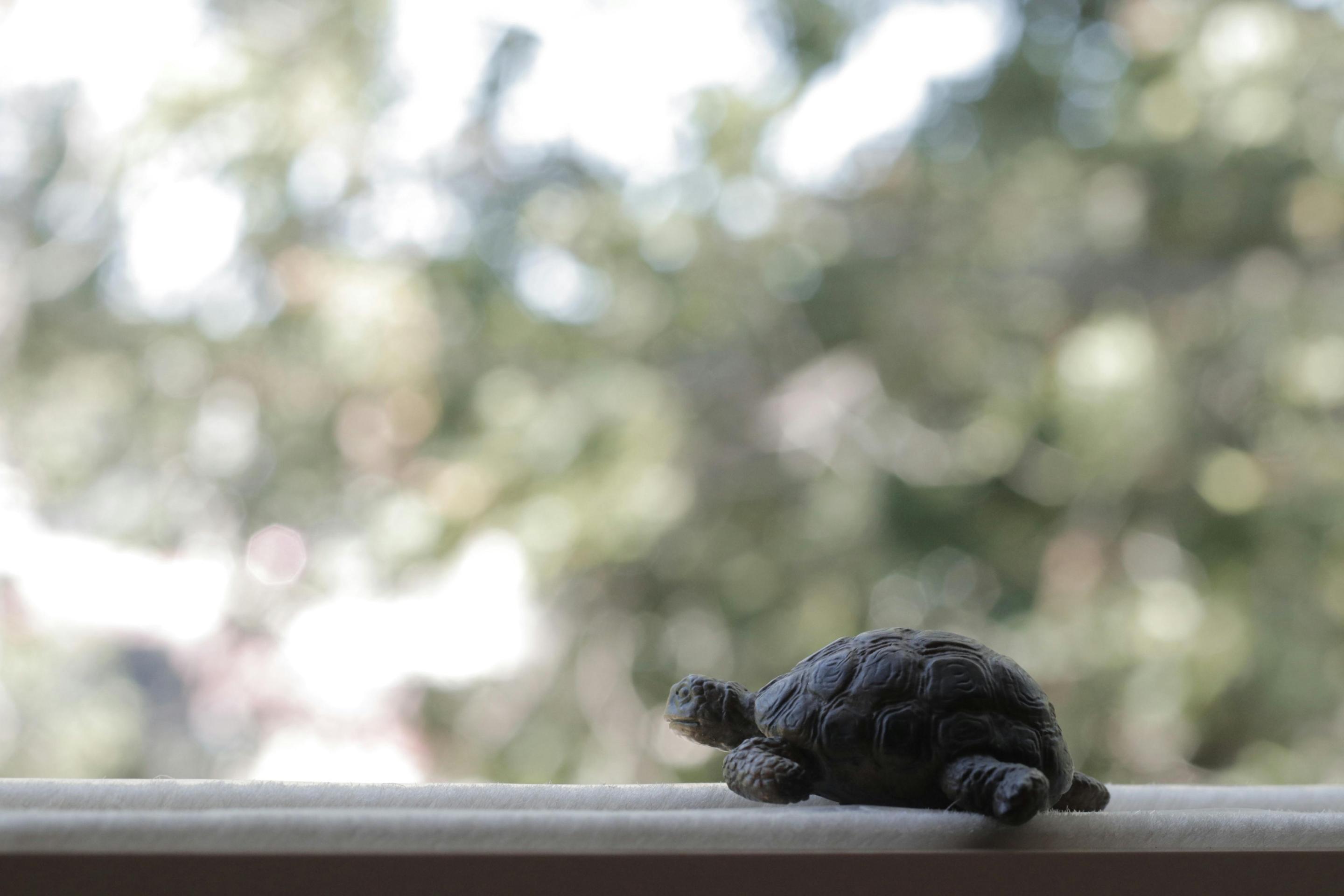At Ingleside Animal Hospital, we understand that reptiles require specialized care to maintain their health and well-being. One of the common health concerns for reptiles is skin and shell infections, which can affect various species, including turtles, tortoises, lizards, and snakes. These infections can be caused by a variety of factors, including bacteria, fungi, poor husbandry, or environmental stressors. It’s important for reptile owners to recognize the symptoms early and seek treatment to prevent serious complications.

Causes of Skin and Shell Infections in Reptiles
-
Bacterial Infections: Bacteria, such as Pseudomonas and Aeromonas, are often responsible for skin and shell infections in reptiles. These infections are typically a result of an injury, poor sanitation, or an overcrowded habitat. Bacteria can enter through open wounds or cuts, causing localized infections that can spread if left untreated.
-
Fungal Infections: Fungal infections are another cause of skin and shell problems in reptiles. Aspergillus and Chytrid are examples of fungi that can cause skin lesions and shell rot. These infections are more likely to occur in reptiles living in overly humid or wet environments, which promote fungal growth.
-
Inadequate Husbandry: Poor living conditions are a major factor in the development of skin and shell infections in reptiles. Improper lighting, humidity, and temperature can weaken a reptile's immune system, making them more susceptible to infections. Additionally, unclean enclosures can harbor harmful bacteria and fungi that contribute to infection.
-
Injury or Trauma: Reptiles that sustain injuries or trauma to their skin or shell are at higher risk for infections. A crack or break in the shell, for example, can create an opening for bacteria or fungi to enter, leading to an infection.
-
Poor Nutrition: A lack of essential vitamins and minerals, especially calcium and vitamin D3, can weaken a reptile’s immune system and make them more prone to infections. Inadequate nutrition can also lead to shell deformities, which can increase the risk of infection.
Symptoms of Skin and Shell Infections
The signs of a skin or shell infection can vary depending on the severity of the condition. Common symptoms to watch for include:
- Discoloration: The skin or shell may appear discolored, often turning yellow, green, or black in the case of bacterial or fungal infections.
- Swelling: Infected areas may become swollen or inflamed.
- Pus or Discharge: A clear or cloudy discharge, sometimes with a foul odor, may be seen around the infected area.
- Lesions or Ulcers: Open sores or blisters may develop on the skin or shell, which may or may not bleed.
- Lethargy: Reptiles with infections may become less active or appear weak.
- Loss of Appetite: An infected reptile may refuse to eat or drink, which can lead to dehydration and malnutrition if left untreated.
Treatment of Skin and Shell Infections
If you suspect your reptile has a skin or shell infection, it is essential to consult a veterinarian, preferably one experienced in reptile care. Early diagnosis and treatment are crucial for a successful recovery. Treatment options may include:
-
Antibiotics or Antifungal Medications: Depending on the type of infection, your veterinarian may prescribe oral or topical antibiotics or antifungal medications to combat the bacteria or fungi. These medications help eliminate the infection and prevent it from spreading.
-
Wound Cleaning and Debridement: For injuries or infected wounds, your vet may clean and debride the area to remove any dead tissue and reduce the risk of further infection. In some cases, surgical intervention may be necessary to repair the shell or skin.
-
Environmental Adjustments: Correcting any husbandry issues, such as adjusting temperature, humidity, or lighting, is crucial for promoting healing and preventing future infections. Make sure your reptile's enclosure is clean and sanitized regularly to reduce the risk of infection.
-
Nutritional Support: Providing your reptile with a balanced diet that includes the proper vitamins and minerals is essential for boosting their immune system and aiding in recovery. Calcium and vitamin D3 supplements may be recommended to support healthy shell growth and overall well-being.
-
Hydration: Proper hydration is important for reptiles recovering from an infection. Your veterinarian may recommend soaking your reptile in warm water to help keep them hydrated and promote healing.
Preventing Skin and Shell Infections in Reptiles
Prevention is always the best approach when it comes to reptile health. Here are some tips to help avoid skin and shell infections:
- Maintain a clean and properly regulated enclosure with appropriate temperature, humidity, and lighting.
- Regularly clean your reptile’s habitat to reduce the risk of bacterial and fungal growth.
- Handle your reptile gently to avoid injury and trauma to the skin or shell.
- Ensure your reptile is on a balanced diet with proper supplementation.
- Take your reptile for regular veterinary check-ups to catch any potential issues early.
Skin and shell infections in reptiles can be a serious health concern, but with proper care, they are treatable. By recognizing the symptoms early and seeking veterinary care, you can ensure your reptile remains healthy and comfortable. At Ingleside Animal Hospital, we are committed to providing the best care for your reptile family members. If you notice any signs of infection or have concerns about your reptile’s health, don’t hesitate to schedule an appointment with us.
Contact Ingleside Animal Hospital
If you have questions and you'd like to reach out to us, you can call us directly at (602) 833-7511, or you can email us at [email protected]. Don't forget to follow us on social media Facebook, Instagram.
